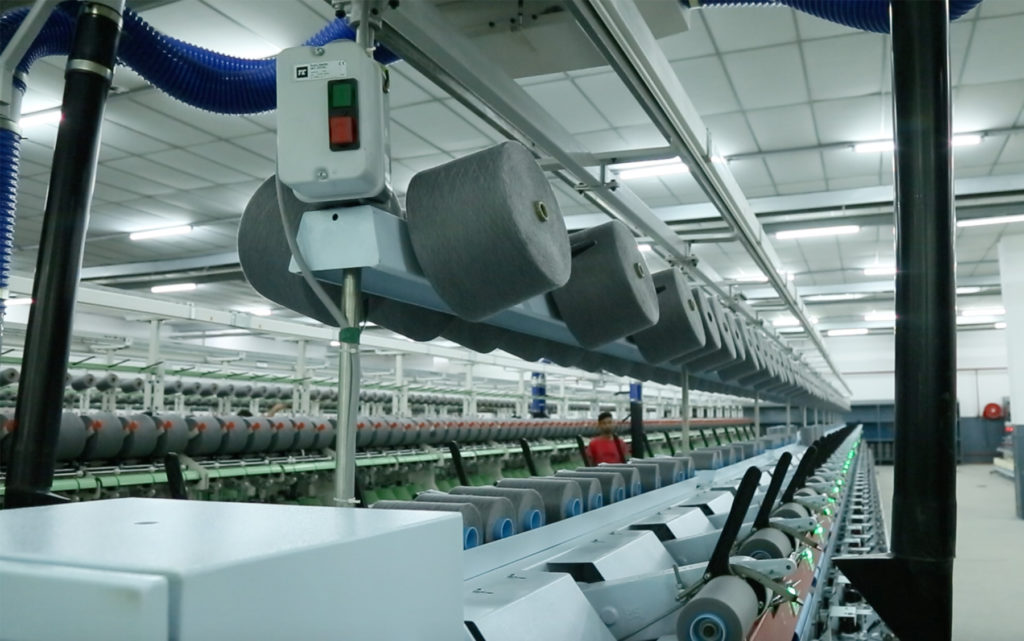KATHMANDU: A dispute over arrears for dedicated and trunk line electricity consumption between the Nepal Electricity Authority (NEA) and industrialists has escalated, raising concerns about potential electricity wastage. The Independent Power Producers’ Association, Nepal (IPPAN), issued a press release on Monday expressing alarm that the ongoing arrears dispute could result in significant electricity wastage.
“The Authority has begun cutting off power lines to industries, prompting some to publicly declare their intention to shut down operations, which is causing anxiety among private sector energy promoters,” the press release stated. “More than 70 percent of the electricity generated annually is produced during the rainy season. Low consumption during this period could negatively affect the financial health of energy projects. The current disconnection of power lines and reduced consumption are already impacting these projects.”
IPPAN noted that private sector projects face issues with electricity wastage even under normal circumstances. The potential shutdown of operational industries could drastically reduce their income. “A harmonious relationship between electricity producers, consuming industries, and the managing Electricity Authority is crucial for the development of the energy sector. It is already late to address the current dispute,” the press release emphasized. IPPAN called for a lawful resolution to prevent the wastage of electricity produced by the private sector.
In response to the situation, NEA has introduced an installment payment plan for the arrears. In its 976th board meeting, NEA decided to allow consumers who used electricity from dedicated feeders and trunk lines between January 2016 and April 2018 to pay their outstanding dues in up to 28 monthly installments, as announced in a notice issued on Monday. However, industrialists using dedicated and trunk lines issued a statement requesting evidence of the additional charges they are required to pay, instead of the installment facility.
“The decision to offer an installment payment facility for up to 28 months is different from what we had been requesting,” the statement said. “Despite informing NEA that we will settle all dues as long as the conditions for dedicated trunk lines are met, NEA has not been able to provide the basis and reason for the additional charges.”
The escalating dispute and its potential impact on the energy sector underline the urgent need for a resolution to ensure efficient electricity usage and financial stability for energy projects.

